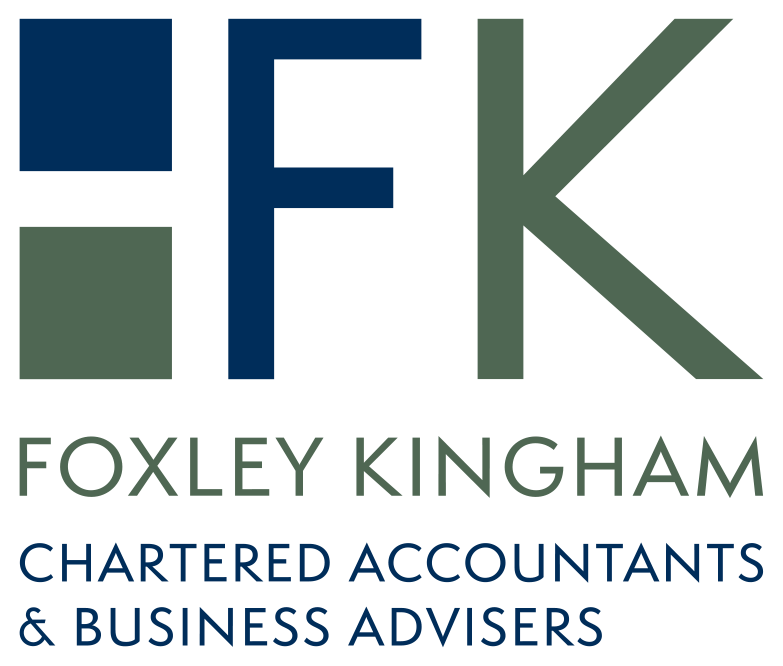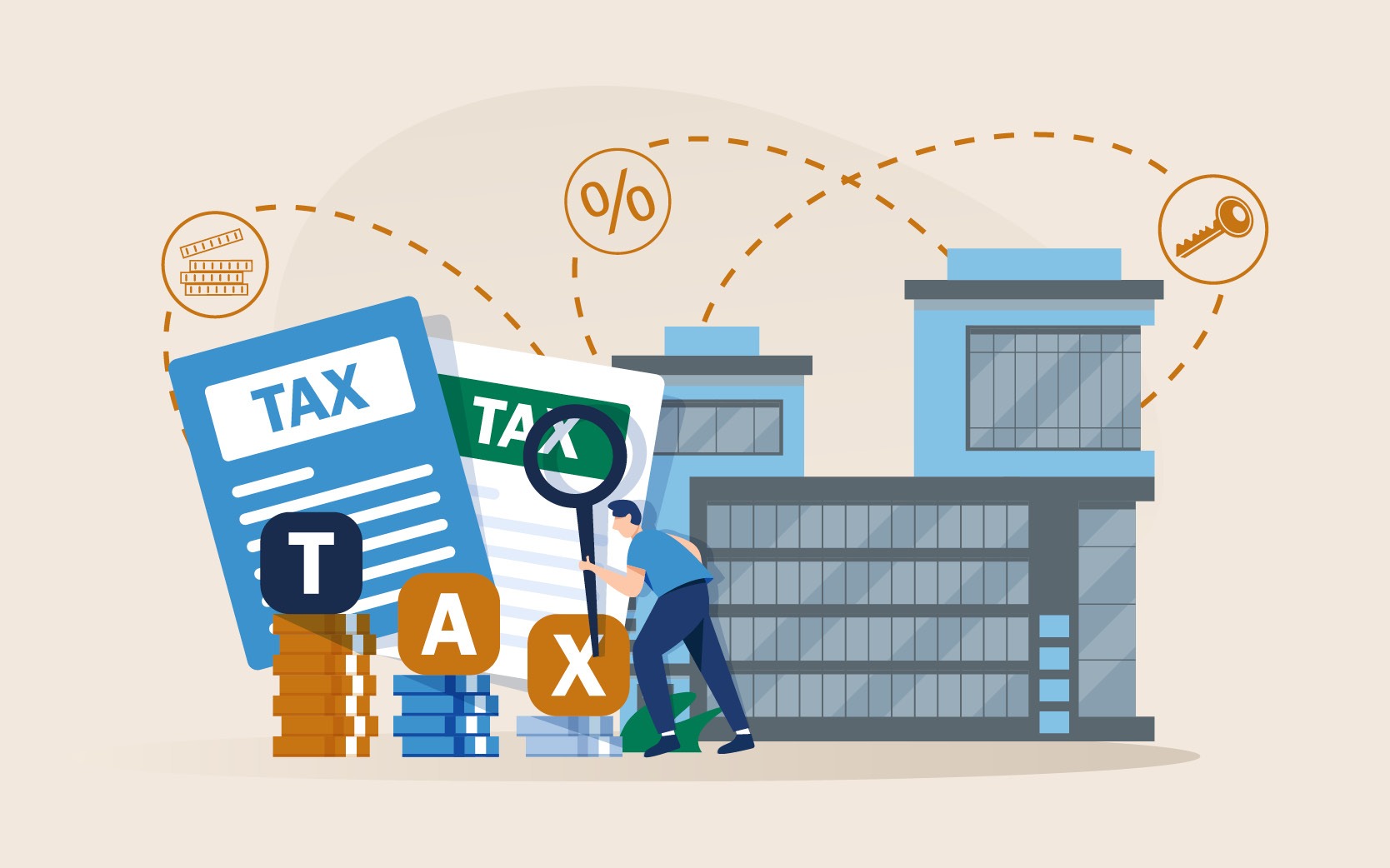We’ve written previously on the topic of Capital Allowances, touching upon the claims you can make for commercial property. Knowing that this is of interest to many of our clients, we again welcomed the opportunity to speak to Giordano Goggioli, Senior Associate for Tax Incentives and Reliefs, at Markel to provide a more in-depth look at the relief around commercial properties acquisition and refurbishments. Here we explain what reliefs are available, what qualifies, and what benefits claimants can enjoy.
What are capital allowances on commercial property?
At the highest level, these capital allowances are a form of tax relief that allows capital assets (in this case related to commercial property) to be deducted from taxable profits.
Despite it being one of the oldest forms of relief (established in Victorian times) this area of Tax is not widely or well known – and so many advisors may not be comfortable in advising to claim. While the main concept of capital allowances is widely understood by most, maximising the value of these in relation to commercial property requires specialist knowledge. Different expenditure items have different rates of relief, over different timescales, so it’s quite a complex process from start to finish.
Why does it matter? We’ll go into the strategic advantages in more detail later in this article. But, in short, these capital allowances can save you significant amounts of money, both in the short term and long term.
What qualifies for capital allowances on commercial property?
The label ‘commercial property’, in this instance includes a wide range of buildings, with multiple uses. Factories, offices, industrial units, warehouses, holiday lets, distilleries, restaurants, and hotels would all fall into this category. Student Accommodation and Houses in Multiple Occupation are also included, but it’s important to note that for these you can only claim for the communal and public areas – not any of the residential spaces.
Claims for capital allowances can be made if you:
- Sell a commercial property
- Buy a commercial property
- Have a mid to long-term lease on a commercial property
- Refurbish a commercial property
When should I consult an advisor to discuss if I’m eligible?
This is an important point – the sooner you consult a tax advisor, the better. With this type of tax relief, if you claim within two years of the ‘trigger’ (be that sale, purchase, lease, or refurbishment) you should receive most or all the tax relief in one amount, relatively quickly. If you miss the two-year mark, the relief will split and staggered across a number of years
If you’re buying or selling a commercial property, you should consult your advisor before the sale takes place. During the sale of a commercial property, tax reliefs can be transferred to the buyer from the seller using a Section 198 Election. This in itself can be a sizeable advantage for a buyer, resulting in increased capital allowances claim and lower tax liability. Therefore if you’re trying to claim these tax reliefs, retrospectively, after the sale has taken place – there’s a good chance you’ll have to enter into negotiations with the other party. Needless to say – if you’re a buyer – ensure your solicitor has a Section 198 Election in place.
What are the potential rates of relief?
Generally, for those paying corporation tax, you can claim up to 25% tax relief on all eligible expenditures. If you’re an individual, the yield is even higher, with up to 45% tax relief available on eligible expenditures.
Best practice guidelines
If you’re involved in the purchase, sale, lease, or refurbishment of a commercial property, you should do the following to ensure that you have all your ducks in a row, when it comes to claiming the appropriate reliefs.
- If you are refurbishing a commercial property, keep a detailed track of project expenses, including all invoices and receipts.
- If you own or lease a commercial property, keep a detailed track of any expenses related to ongoing maintenance of the property in case these qualify for allowances.
- Appoint a qualified partner who has demonstrable experience with capital allowances related to commercial property.
- Speak to your appointed partner at your earliest convenience. Even if you don’t yet own a commercial property but are planning a purchase, the right partner can undertake a high-level modelling exercise to assess what your relief might be.
- If you’re undertaking an extensive refurbishment project, it will most likely be worth sending a chartered surveyor out to the property. Given that all eligible costs might not be itemised in your contractors’ invoices, this will ensure that all eligible expenditure is captured. This is the way that we work at Foxley Kingham and ensure that we maximise the reliefs available to you.
What are the additional benefits of claiming capital allowances on commercial property?
The main benefit is perhaps the most obvious – tax relief saves you money and aids cash flow.
If you are carrying out an extensive refurbishment, the second strategic advantage this form of tax relief gives you, is the reduction of your total project cost. In our experience, it can generate a reduction of 5 – 15% of the overall project cost, and what’s more, it’s often possible to gauge the expenditure before the start of your project. By completing a modelling exercise we can project with an approximation of what relief would be available, which will then allow you to allocate capital more efficiently ahead of time.
The third and final benefit comes if and when you decide to sell a commercial property. Using the aforementioned Section 198 Election, you can leverage the tax relief value that’s tied to the property as part of the sale. It essentially becomes another feature of the property and one which you can attach value to.
Contacting Foxley Kingham – the next steps
If you think you could be entitled to the forms of tax relief discussed in this article, or are unsure if you’re maximising the relief available to you in relation to a commercial property – we’d be delighted to have a confidential discussion. Contact us to discuss.










